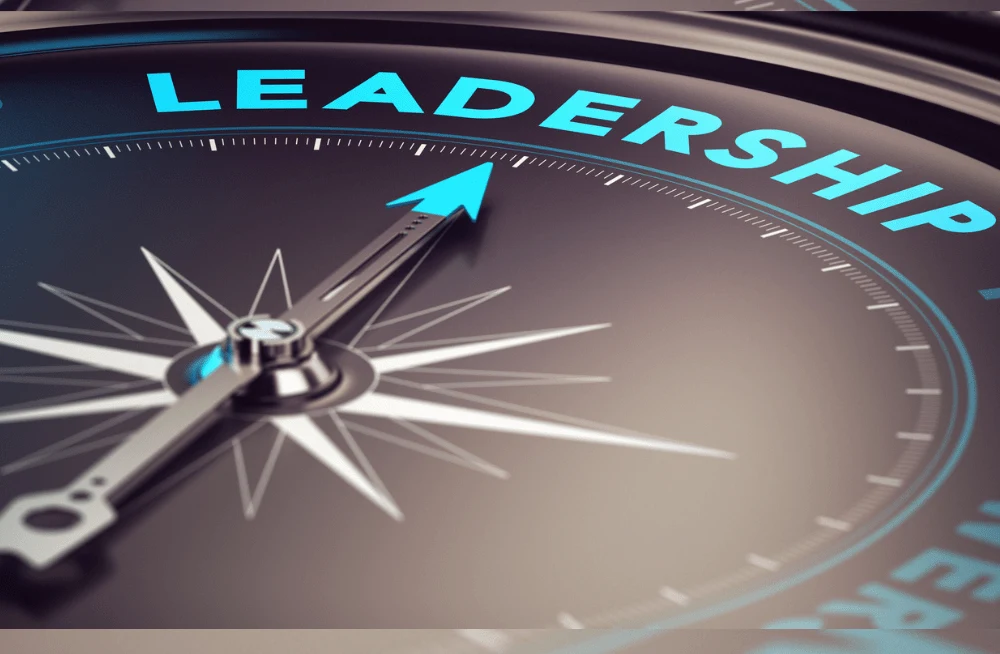In healthcare, embracing diverse thinking is not just a theoretical concept but a practical necessity, creating an environment where diverse thinking is not only allowed but also embraced and applauded. This principle challenges the comfort of conformity and calls for a cultural shift towards valuing varied perspectives and experiences. A Healthcare in the Age of Personalization 2024 Summit sessionexplored the essential leadership skills required to foster an organisational culture that promotes personalisation through diversity of thought.
Leadership Skill No. 1: Agility
In today's fast-paced world, healthcare leaders must develop agility to adapt to constant changes. Dr. Robert Johnson, a prominent figure in health education, underscores the need for leaders to learn, unlearn, and relearn continually. This agility is not just about managing change but thriving in an environment where ambiguity is the norm. Agile leaders are those who can respond in real-time to the needs of both patients and employees, ensuring that their organisations remain relevant and effective. Adaptability is crucial for survival, as failure to evolve can lead to organisational decline. Thus, fostering agility involves cultivating a mindset open to continuous learning and adaptation.
Leadership Skill No. 2: Active Listening
Active listening is a cornerstone in building a culture that values diverse thinking. It involves more than just hearing words; it's about understanding and acknowledging different viewpoints. In healthcare, where hierarchies often dominate decision-making, breaking down these barriers is crucial. Jeannie Virden advocates for a more inclusive leadership approach incorporating diverse backgrounds, experiences, and perspectives. Active listening helps establish feedback loops, allowing for open communication and dialogue. This creates a psychologically safe environment where employees feel their voices are heard and valued, even if their ideas are not always implemented. Such an environment encourages participation and fosters innovation.
Leadership Skill No. 3: Relational Mindset
Transitioning from a transactional to a relational mindset is essential for long-term success in healthcare. Mark Dooley, CEO of Gadsden Regional Medical Center, highlights the importance of building relationships over simply completing transactions. The Contingent Leadership Model, which includes stages like telling, selling, consulting, and joining, provides a framework for this approach. Leaders can tap into their employees' creativity and foster a deeper connection with their team by moving towards consulting and joining. This relational approach helps build a sense of shared purpose and trust, making navigating challenges and implementing changes easier. It’s about asking how leaders can support their teams rather than what they can get from them.
Leadership Skill No. 4: Embracing Healthy Tension
The fourth critical skill for healthcare leaders is the ability to embrace healthy tension. In any organisation, particularly in healthcare, introducing diverse perspectives and promoting personalisation can naturally lead to conflicts or disagreements. However, when managed constructively, these tensions can be a powerful catalyst for growth and innovation. Embracing healthy tension involves recognising that differences in opinions and approaches are not threats but opportunities to explore new ideas and solutions. Leaders must cultivate an environment where it is safe to challenge the status quo and where disagreements are seen as valuable contributions to the decision-making process. By fostering a culture that views tension as a positive force, leaders can encourage open dialogue, promote critical thinking, and ultimately arrive at more comprehensive and effective solutions. This approach not only enhances team collaboration but also helps in refining strategies to better meet the needs of both patients and staff, driving the organisation toward continuous improvement and success.
In healthcare, embracing diverse thinking and personalisation is not just a progressive choice but a strategic necessity. The leadership skills of agility, active listening, a relational mindset, and the ability to embrace healthy tension are essential for fostering a culture that values diversity of thought. These skills enable leaders to navigate the complexities of modern healthcare, ensuring that organisations are not only adaptive and innovative but also inclusive and empathetic. By cultivating these competencies, healthcare leaders can create environments where diverse perspectives are not only welcomed but are instrumental in shaping the future of patient care and organisational success. As the industry continues to evolve, the commitment to these leadership principles will be vital in driving meaningful change and achieving long-term success in delivering personalised, high-quality care.






